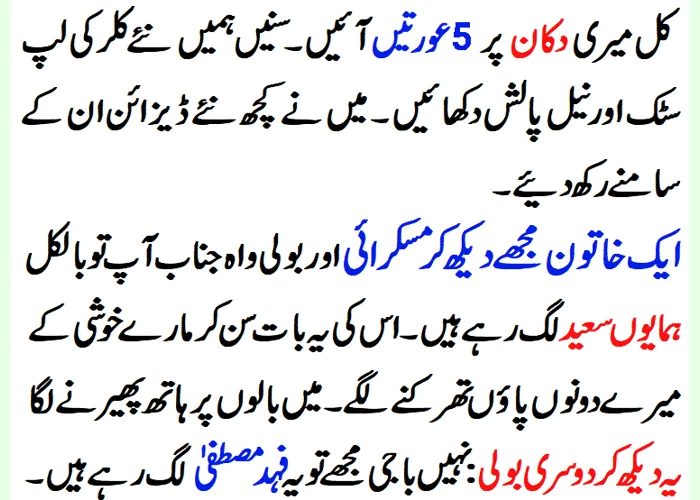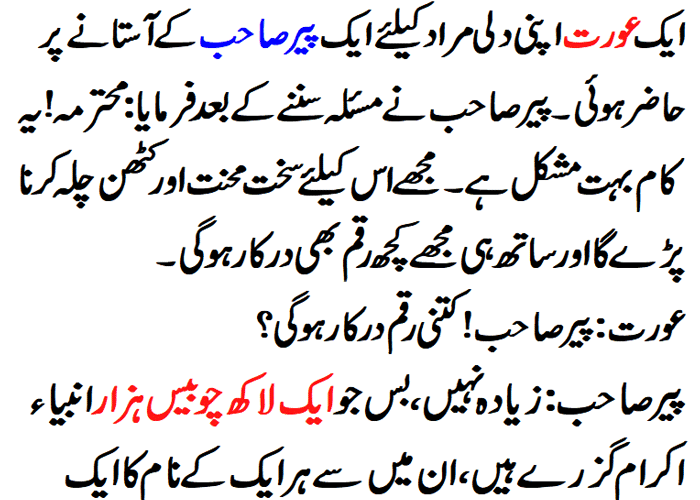
When trying to lose weight, it’s important to eat a balanced diet. While some people only think about eating fewer calories, it’s just as important to focus on the quality of the food you eat. Certain nutrients are really important for helping you lose weight because they help your body work better, keep you feeling full, and maintain muscle.
But not all nutrients are equally helpful – some might make it harder to lose weight if you have too much of them. In this article, we’ll talk about the important nutrients you need for a successful weight loss plan and which ones you should be careful with.


Essential Nutrients for Weight Loss:
Protein:
Protein is often hailed as the cornerstone of a weight loss diet, and for good reason. It plays a vital role in preserving lean muscle mass, which is essential for a healthy metabolism. Additionally, protein has a high satiety value, meaning it helps you feel full and satisfied after meals, reducing the likelihood of overeating. Incorporating lean sources of protein such as chicken, fish, tofu, and legumes into your meals can help support your weight loss efforts.


Fiber:
Fiber-rich foods are another essential component of a weight loss diet. Not only does fiber contribute to feelings of fullness, but it also aids in digestion and helps regulate blood sugar levels. By slowing down the emptying of the stomach, fiber can prevent spikes in blood sugar and promote a steady release of energy throughout the day. Fruits, vegetables, whole grains, and legumes are excellent sources of dietary fiber that should be prioritized in your meals.


Healthy Fats:
Contrary to popular belief, not all fats are detrimental to weight loss. In fact, incorporating healthy fats into your diet can actually support your efforts to shed pounds. Foods rich in monounsaturated and polyunsaturated fats, such as avocados, nuts, seeds, and olive oil, can help increase satiety and improve insulin sensitivity. Including these fats in moderation can also enhance the absorption of fat-soluble vitamins, further optimizing your nutrient intake.

Complex Carbohydrates:
While simple carbohydrates like refined grains and sugars should be limited, complex carbohydrates are an important source of energy for the body, especially for those engaged in regular physical activity. Whole grains like quinoa, brown rice, and oats provide sustained energy release and contain essential nutrients such as vitamins, minerals, and fiber. Pairing complex carbohydrates with lean protein and healthy fats can create balanced meals that support weight loss goals.
Doctor Fact-Checks POPULAR Weight Loss Tips
Nutrients to Avoid When Losing Weight:
Added Sugars:
Excessive consumption of added sugars is strongly linked to weight gain and various health issues, including obesity, type 2 diabetes, and heart disease. Sugary beverages, processed snacks, and desserts are common sources of added sugars that provide empty calories without offering any nutritional benefits. Cutting back on sugary foods and opting for naturally sweetened alternatives like fruits can help reduce calorie intake and support weight loss efforts.
Trans Fats:
Trans fats, often found in processed and fried foods, are notorious for their detrimental effects on health. Not only do trans fats raise levels of “bad” LDL cholesterol and lower levels of “good” HDL cholesterol, but they also promote inflammation and insulin resistance. To support weight loss and overall health, it’s best to avoid foods containing trans fats altogether and opt for healthier cooking methods like baking, grilling, or steaming.
Highly Processed Foods:
Processed foods, characterized by their high levels of refined carbohydrates, added sugars, and unhealthy fats, offer little nutritional value and can sabotage weight loss efforts. These foods are typically high in calories and low in satiety, making it easy to overconsume without feeling satisfied. Instead, focus on whole, minimally processed foods that are nutrient-dense and support your body’s needs without unnecessary additives or preservatives.
Excessive Alcohol:
While moderate alcohol consumption may have some health benefits, excessive drinking can hinder weight loss and lead to unwanted weight gain. Alcoholic beverages are often high in calories and can stimulate appetite, leading to overeating. Additionally, alcohol can interfere with the body’s ability to burn fat efficiently, making it harder to achieve weight loss goals. Limiting alcohol intake and opting for lower-calorie options like light beer or spirits mixed with soda water can help support your weight loss journey.
5 Common Questions About Nutrients for Losing Weight
When you’re trying to lose weight, it’s important to understand what you’re eating. Here are five questions people often ask about the nutrients you need and the ones you should avoid.
1. Do I Need to Eat Fat to Lose Weight?
Yes, but not all fats are bad. Healthy fats from foods like avocados, nuts, and fish are important for weight loss. They help you feel full and can even boost your metabolism. But stay away from unhealthy fats found in fried and processed foods because they can make you gain weight.
2. Should I Stop Eating Carbs to Lose Weight Faster?
No, you shouldn’t cut carbs completely. Your body needs carbohydrates for energy. Instead, choose whole grains, fruits, and vegetables over sugary snacks and white bread. These foods give you lasting energy and keep you full longer.
3. How Important Is Protein for Losing Weight?
Protein is crucial for weight loss because it helps you keep muscle and feel satisfied. Lean proteins like chicken, tofu, and beans are best. They help you lose fat and keep your muscles strong.
4. Do Vitamins and Minerals Matter for Weight Loss?
Yes, they do. Some vitamins and minerals help your body burn fat and stay healthy. For example, vitamin D helps prevent weight gain, and vitamin C can help you burn fat during exercise. Eating lots of fruits, veggies, and whole foods will give you the vitamins and minerals you need.
5. Are There Nutrients I Should Avoid When Losing Weight?
Yes, there are. Stay away from added sugars found in sweets and processed foods. They add calories without giving you any nutrition and can make you gain weight. Also, watch out for too much sodium in packaged foods, which can make you retain water and feel bloated. Stick to whole foods to avoid these unhealthy nutrients and make your weight loss journey easier.
In conclusion, achieving and maintaining a healthy weight requires more than just counting calories. By prioritizing essential nutrients like protein, fiber, healthy fats, and complex carbohydrates, while avoiding excess sugars, trans fats, processed foods, and alcohol, you can create a well-rounded diet that supports your weight loss goals. Remember to focus on whole, nutrient-dense foods and make sustainable lifestyle changes for long-term success. With the right approach to nutrition, you can achieve your desired weight and enjoy improved health and vitality.






